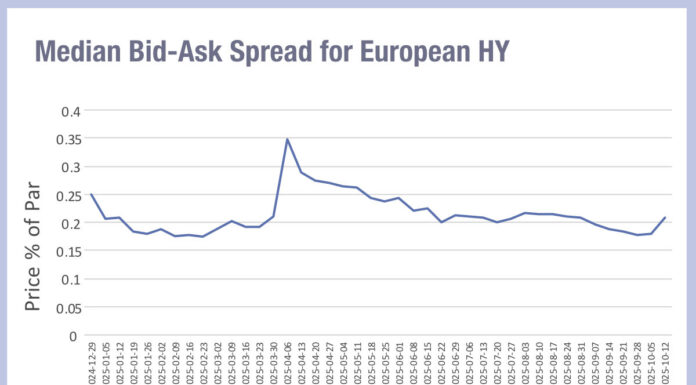EU member states’ representatives have today agreed a mandate for negotiations with the European Parliament on the proposed regulation reviewing the Markets in Financial Instruments Regulation (MIFIR) and the second Markets in Financial Instruments Directive (MiFID II).
The priorities for this review are to attempt improve transparency and availability of market data, improve the level-playing field between execution venues and ensure that EU market infrastructures can remain competitive at international level.
On the basis of this mandate, negotiations with the European Parliament can begin with a view to reaching a final agreement on the future legislation.
The MIFIR review is seen as an important step to strengthening market transparency.
According to the Council of the European Union, “It will empower in particular smaller investors, giving them easier access to the necessary data to invest in shares or bonds. A more transparent, accessible financial market will strengthen the overall integrity, competitiveness and efficiency of the single market, to the benefit of businesses and citizens.”

Zbyněk Stanjura, minister for finance in Czechia, which holds the current presidency of the Council, says, “This proposal will make EU market infrastructures more robust. Proposed amendments will also increase market liquidity, making it easier for companies to get funding from capital markets.”
The draft regulation aims to establish a centralised database or consolidated tape (CT), which will provide access to market data from trading venues as well as systematic internalisers and approved publication arrangements across the EU in a consolidated manner. This will improve the overall price transparency across trading venues and will provide investors with easier access to trading data.
The text ensures that consolidated tape providers (CTP) provide reliable consolidated data close-to-real time, noting that the CTP should publish the consolidated tape of executed trades together with best bids and offers available at the time of the particular trade as well as European best bid and offer available at the time of the trade from the most competitive markets.
In addition, the draft regulation introduces a restriction of payments for routing client orders in the Union. The regulation leaves a discretion to Member States to allow this practice only in their territory.
Furthermore, the draft regulation clarifies the limitation on the dark trading, lifting the complexity and the burden of the current system. The current double volume cap establishes that the amount of dark trading on an individual venue may not exceed 4% of total trading and the amount of dark trading in an equity instrument in the EU may not exceed 8% of total trading. The new single volume cap set out in the draft regulation relies solely on the EU-wide threshold set at 10%.
In addition, to ensure an adequate level of transparency, the text modifies the deferral times for the size and liquidity profile of transaction in bonds, structure products and emission allowances. Those deferrals should be based on the liquidity of a bond, structured finance product and emission allowance, and the size of transactions.
For liquidity providers in bonds, masking price and volume of transactions for very large trades should not in any case exceed four weeks.
For OTC derivatives, the duration of deferrals should be calibrated based on a more flexible basis because only adequate market data can determine the suitability of each period. ESMA will determine the duration of these deferrals.
Through this update, certain provisions about the investment firms trading on their own account are also strengthened, as they provide liquidity to the parquet even during market stress conditions.
In its 2020 Capital Markets Union action plan, the European Commission (EC) announced its intention to table a legislative proposal to create a centralised data base which was meant to provide a comprehensive view on price and volume of equity and equity-like financial instruments traded throughout the EU across a multitude of trading venues, the consolidated tape. On 2 December, in its conclusions on the action plan, the Council encouraged the EC to stimulate more investment activity in the EU by further assessing how to tackle the obstacles to establishing a consolidated tape.
The Commission presented its proposal to amend the MIFIR and MiFID II to this end on 25 November 2021.
©Markets Media Europe 2022
©Markets Media Europe 2025













